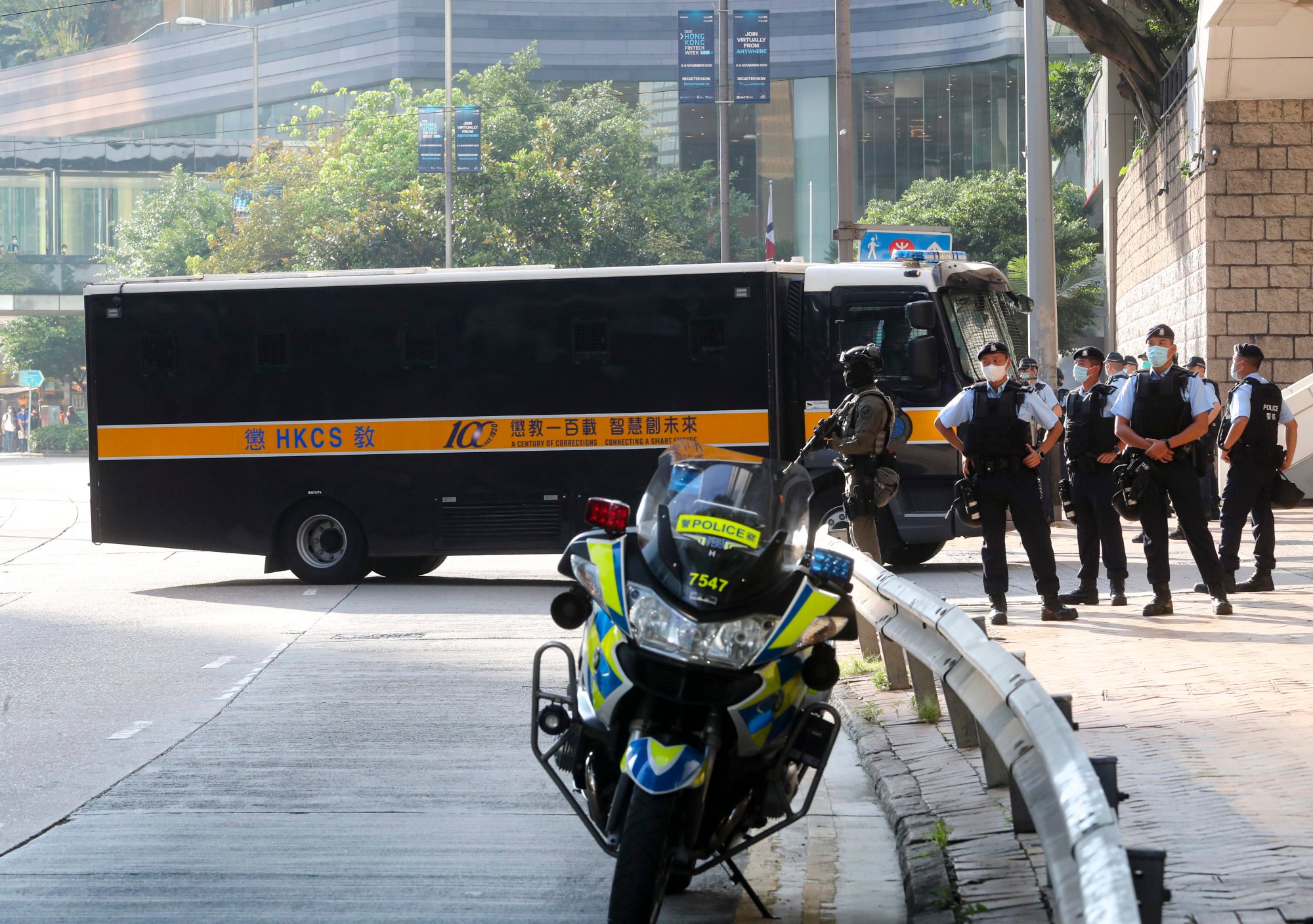
Hong Kong court denies bid by alleged jailbreaker Ramanjit Singh for immediate release
- High Court finds magistrate was right in rejecting claims by Ramanjit Singh, also known as Romi, that he would face inhumane treatment if sent back to his native India
- India seeks to try Singh on 20 charges, including possession of firearms, assisting an offender and escape from lawful custody
A Hong Kong resident accused of masterminding a 2016 jailbreak in India has lost a bid for immediate release on grounds of unlawful detention, after a court sided with a magistrate’s earlier decision to extradite him to his native country for trial.
Ramanjit Singh, also known as Romi, applied for a writ of habeas corpus in the High Court earlier this year and argued his confinement was illegal due to defects in the magistrate’s reasoning in approving an extradition request from the Indian government.
But Mr Justice Russell Coleman on Friday found insufficient evidence New Delhi was pursuing him for either his religious belief or political views, adding the evidence did not support the defendant’s assertion he would be subject to cruel and inhumane treatment as a result of his deportation.

Singh, 34 and married with two children, was put on a global watch list by Interpol after India accused him of jumping bail after having orchestrated a notorious jailbreak in the northern state of Punjab in November 2016, as well as a series of terrorist attacks and political killings in the South Asian country.
After two rounds of extradition hearing in 2019 and 2022, Magistrate Norton Pang Leung-ting ruled the Hong Kong permanent resident could face trial in India, subject to the chief executive’s approval, on 20 charges, including possession of firearms, assisting an offender and escape from lawful custody.
Singh’s lawyers have expressed concerns he would be persecuted in his native country because of his Sikh identity and affiliation with the Khalistan movement, which seeks to establish a sovereign state in the Punjab region.
His counsel submitted in the High Court that Pang was wrong in brushing aside testimonies in favour of Singh’s release, including claims that Indian police had tortured him in 2016.
Coleman agreed the magistrate might have erred in disregarding some of the court statements, but said it was still fair that Pang gave little to no weight to testimony about the general situation faced by Indian prisoners.
The judge noted that evidence Singh was assaulted by Indian police was discredited by contemporaneous medical records, which found no signs of injuries on him, and the fact the defendant did not file any complaints of torture despite several court appearances.
“I agree with the magistrate that the very late complaint, raised only in the context of these extradition proceedings, casts further doubt on the credibility of the version of events put forward by the applicant,” Coleman said.
The court also noted Singh’s arrest in 2016 for alleged possession of firearms and theft appeared “far from arbitrary” and suggested the request for his surrender was “for the purposes of prosecution on the relevant offences, not persecution”.
Singh retains the right to appeal against the latest ruling while the Immigration Department separately handles his protection claim.
He has been remanded in custody since February 2018 following accusations he took part in a robbery involving more than 450 million yen in Tsim Sha Tsui.
Hong Kong prosecutors dropped the robbery charge against Singh in June that year. Two months later, he was cleared in a separate case of handling HK$3 million worth of stolen goods.
Singh has remained behind bars pending the extradition proceedings.
